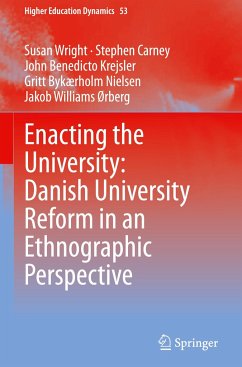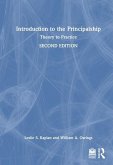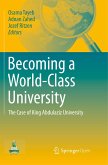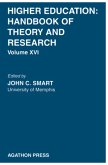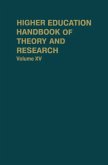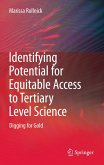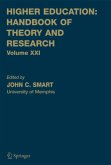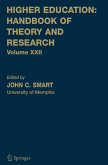This book examines the transformative power and the limitations of one of Europe's most significant university reforms from an ethnographic and historical perspective. It incorporates voices positioned across university and policy-making hierarchies in its analysis of how Danish universities have been transformed. To do this, the book continually juxtaposes two meanings of 'enactment': a top-down view based on laws and institutional power, and a bottom-up view of multiple actors shaping their institution in day-to-day life and in actively contested changes. By conceiving of the university as 'enacted' in both ways at once, the book explores how and why the university comes to be imagined and instantiated in new ways.
The book traces the arguments for reform through a two-decade long, dynamic struggle between international forums and national industrial, political and academic interests over the definition of the university. It discusses which ideas finally became dominant and how this happened. It looks at government reforms from 2003 onwards, and, by means of notable 'telling moments', explains how the governance and management of the university were transformed. It examines how academics found room to manoeuvre between contesting discourses that affect their identity and work. Finally, it shows how students engaged with new versions of historical debates about their participation in shaping their own education, their institution and society.
The book traces the arguments for reform through a two-decade long, dynamic struggle between international forums and national industrial, political and academic interests over the definition of the university. It discusses which ideas finally became dominant and how this happened. It looks at government reforms from 2003 onwards, and, by means of notable 'telling moments', explains how the governance and management of the university were transformed. It examines how academics found room to manoeuvre between contesting discourses that affect their identity and work. Finally, it shows how students engaged with new versions of historical debates about their participation in shaping their own education, their institution and society.

